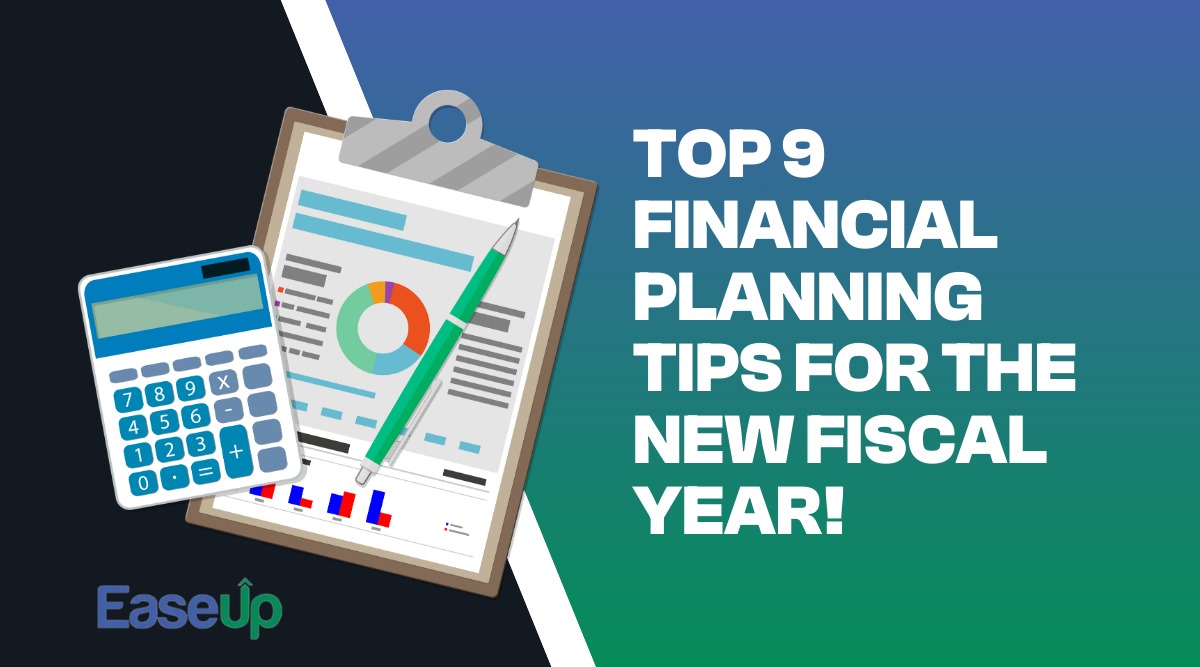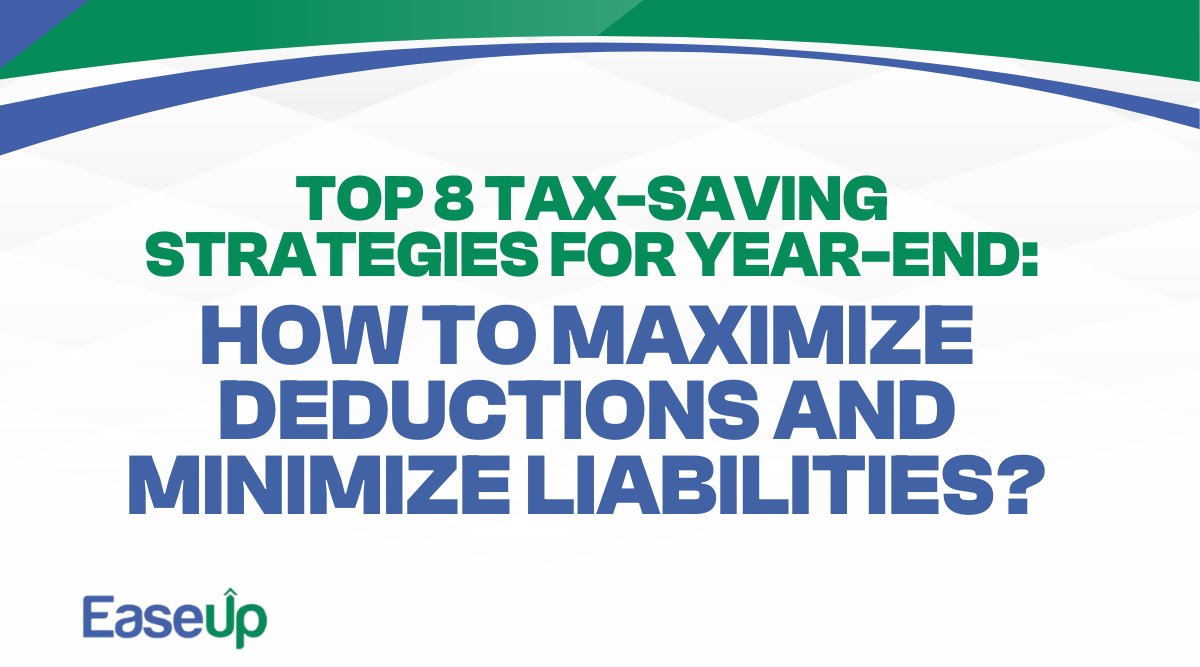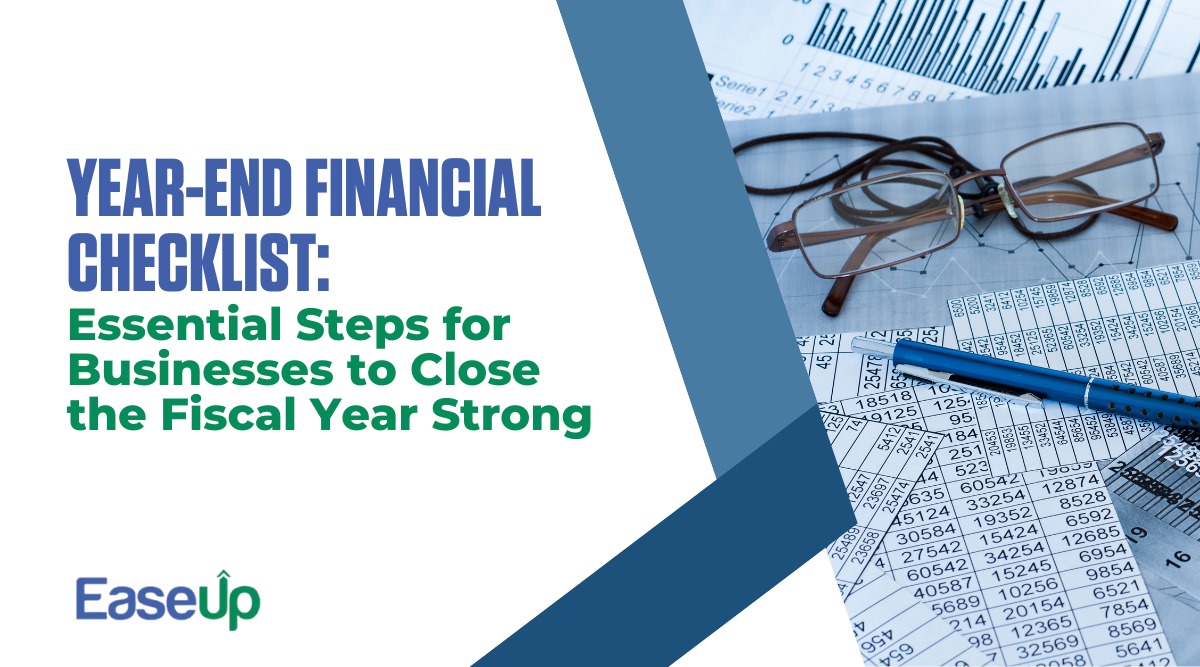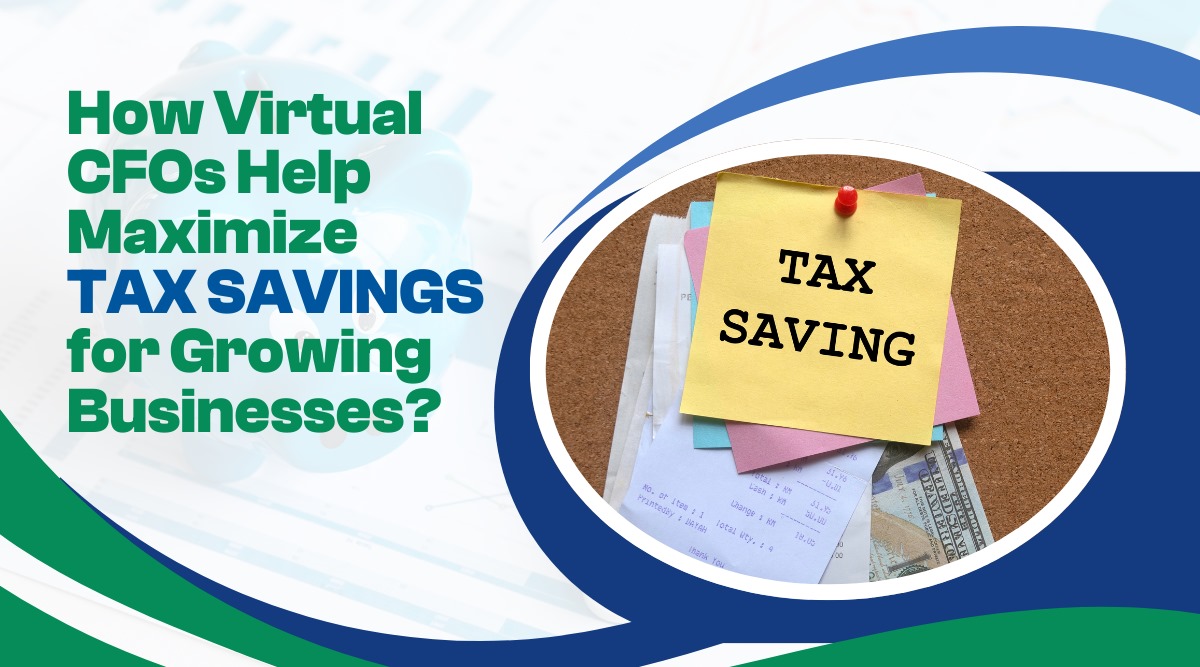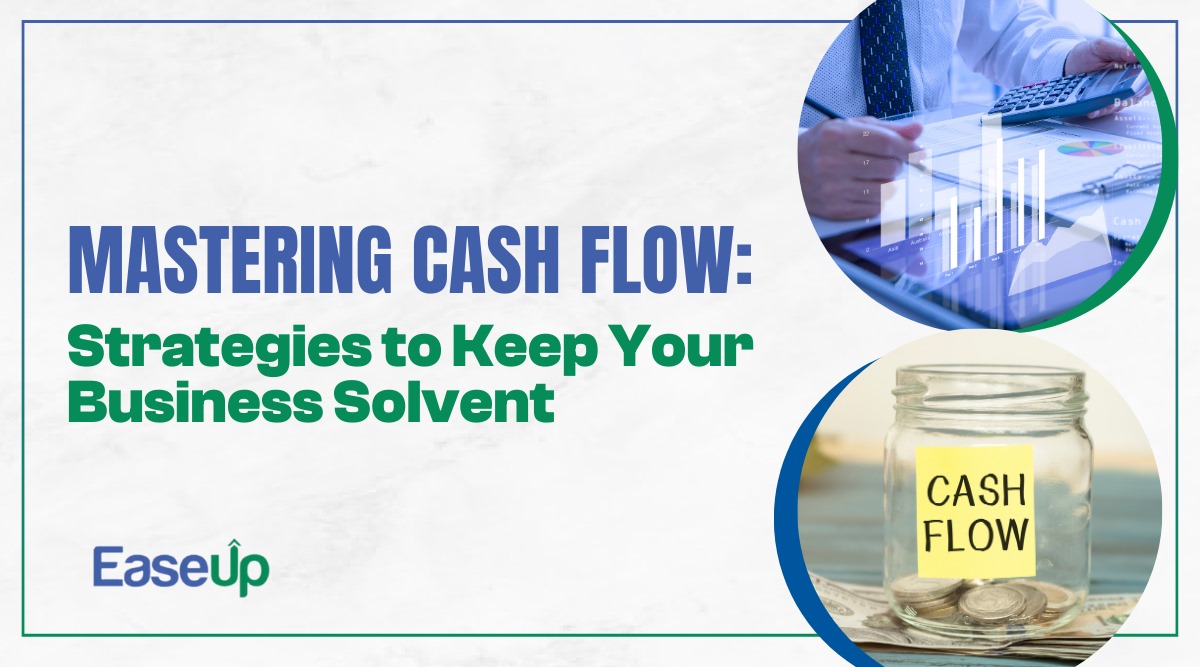

+91 9826266300

10.00 AM - 7.00 PM


How to do a Business Valuation? Best Valuation Methods?
Published at: Feb 20,2023

Business valuation is the process of determining economic value by evaluating all aspects of your business.
A business valuation includes an analysis of the company’s management, its future earnings prospects, its capital structure, or the market value of its assets. Business valuation calculations include all the assets of economic value that your company owns.
These are the reasons why business owners require to evaluate the worth of their company:
When looking to sell your business
When looking to merge or acquire another company
When looking for business financing or investors
When establishing partner ownership percentages
When adding shareholders
For certain tax purposes
Owners will often turn to Business valuation professionals for an objective estimate of the value of their business.
Business Valuation Methods
These are some of the common Business valuation methods:
Market Value Valuation Method
The market value business valuation method is the most subjective approach to measuring a business’s worth. This market-based method determines the value of your Business by comparing it to similar businesses that have been sold.
Hence, this method works best for companies that can access sufficient market data on their competitors.
This method can give you an understanding of what your business might be worth. However, you’ll likely require another valuation method for a more calculated approach.
Asset-Based Valuation Method
Asset-based valuation method considers your company’s total net asset value, minus the value of its total liabilities, according to your balance sheet.
The two main ways to approach asset-based business valuation methods are the Going concern approach and the Liquidation value.
The going concern approach should be used for companies that plan to continue operating and not immediately sell any of their assets.
The liquidation value approach to valuation assumes that the company is finished and its assets will be liquidated. In this case, the value is based on the net cash that would exist if the company was terminated and the assets were sold.
ROI-Based Valuation Method
ROI-based business valuation method evaluates the value of your company based on your company’s profit and what kind of return on investment an investor could potentially receive for buying into your business.
Discounted Cash Flow (DCF) Valuation Method
The Discounted Cash Flow Valuation method uses more of your business’s financial data to get a better evaluation of its worth.
The discounted cash flow valuation method, also known as the income approach values a business based on its projected cash flow, adjusted (or discounted) to its present value.
The DCF method is useful when your profits are not expected to remain consistent in the future.
Capitalization of Earnings Valuation Method
The capitalization of the earnings valuation method calculates the future profitability of the business based on its cash flow, annual ROI, and expected value.
The Earnings Valuation method works best for stable businesses. This method bases a company’s current value on its ability to be profitable in the future.
Multiples of Earnings Valuation Method
The multiple of the Earnings valuation method determines a business’s value by its potential to earn in the future. This method calculates a business’s maximum worth by assigning a multiplier to its current revenue.
Connect with a Top Business Valuation Professional
Business valuation is complicated as different methods are available to evaluate your business and determine its economic worth. The best assessment of your company will likely require combining multiple business valuation methods.
Expert Business valuation professionals will be able to offer you an objective examination of your business. They’ll be able to combine multiple business valuation methods to assess the fair value of your business.
So, it’s best to get Business Valuation Services for Tech companies that will be able to offer the most thorough and objective evaluation of your company.

CA Aditya Chokhra
January 07, 2026

Empower Your Business with Expert Financial Consulting
Latest Post
Leave a Reply

Contact us and subscribe to our newsletter to receive expert advice and industry updates.

Mumbai: A-116-1st Floor, Super Shopping Complex, Bajaj Cross Road, Near Kandivali Station, Kandivali (W), Mumbai 400067.
Ahmedabad: 315 Abhinav Arcade, Nr. Kothawala Flats, Paldi, Ahmedabad 380007.
Pune: B 602, The Onyx, Pink City Road, Shankar Kalat Nagar, Pune 411057.
Gurgaon: 1123 JMD Megapolis, Sector 48, Gurgaon - 122018, Haryana.
Bhilwara: C - 147, Shashtri Nagar, Bhilwara (Raj).
Surat: 6019, World Trade Center, Ring Road, Surat - 395002.
Copyright © 2025 Easeupnow. All rights reserved.






